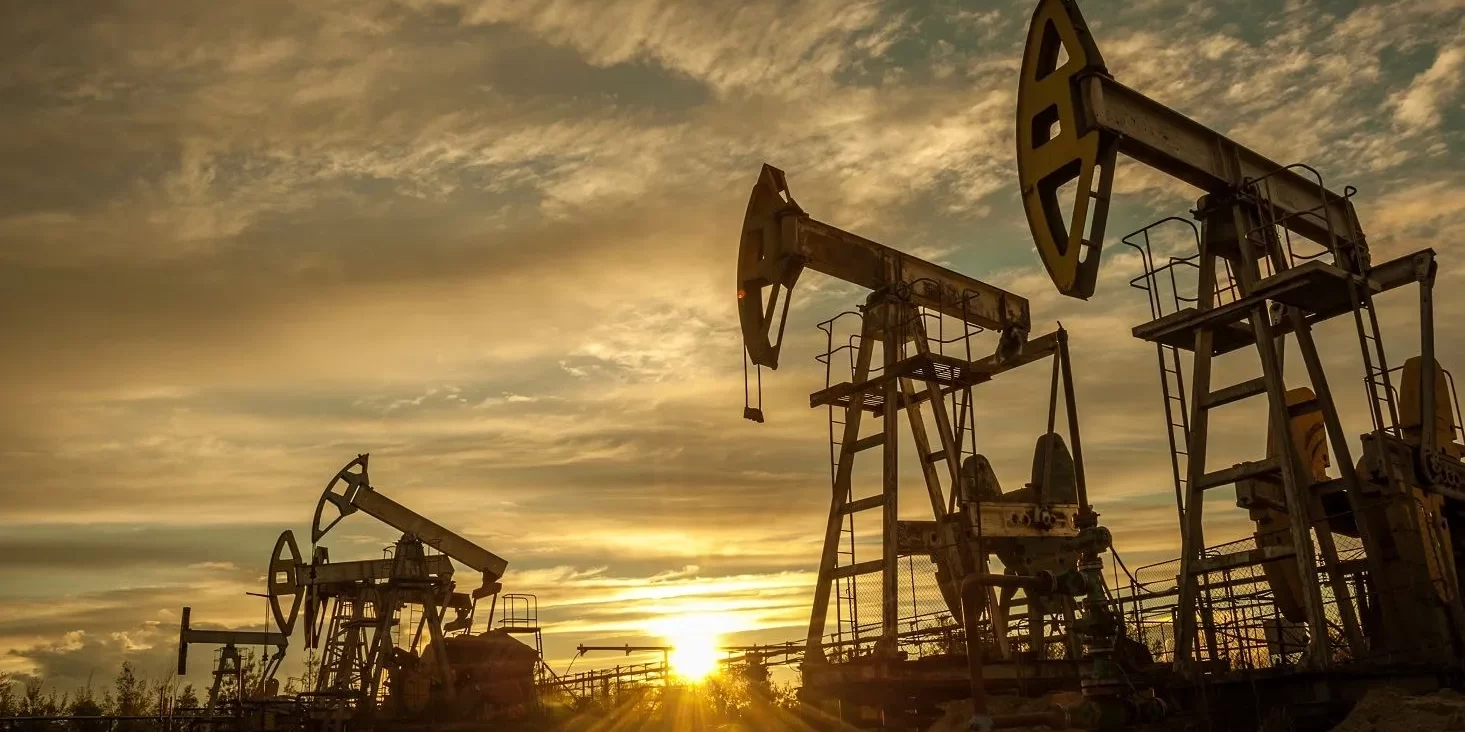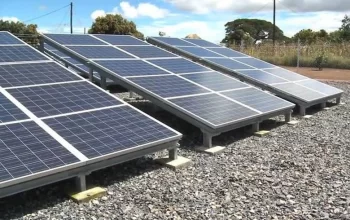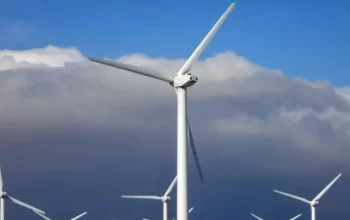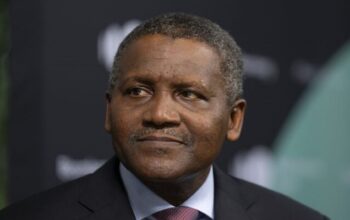The Gulf Cooperation Council, which includes the major oil-rich economic powers of the Middle East, called yesterday to “avoid excluding” crude oil from the energy transition and to maintain investments in the sector in order to uphold a “balanced” policy.
“We emphasize the importance of the international community avoiding the exclusion of the primary energy sources and not neglecting investments in these sectors,” said the Gulf Cooperation Council (GCC) in a statement during the Middle East and North Africa Climate Week, a precursor event to the United Nations Climate Change Conference (COP28) driven by the UN and commencing yesterday in Saudi Arabia.
These countries, collectively possessing the world’s largest oil reserves and being the leading producers within the Organization of the Petroleum Exporting Countries (OPEC), believe that “neglecting” this resource “will result in challenges in energy markets and an uneven impact, especially on societies and developing countries.”
In this regard, they called for the adoption of “a policy of a balanced approach” with the goal of “enhancing global economic growth that is closely linked to energy security and availability.” In this context, the GCC suggests using fossil resources to “ensure a practical, gradual, and fair transition to clean energies.”
In recent years, Gulf countries, particularly Saudi Arabia and the United Arab Emirates, have focused on diversifying their economies, which were heavily dependent on oil, which still remains their primary economic driver.
Following the conflict between Ukraine and Russia and the energy crisis, these countries warned of the risks of sanctioning oil producers and reducing imports, even stating that Europe survived energy scarcity due to a “mild winter.”
They also urged the West, particularly Europe, to negotiate with oil companies to approach the green transition through an “energy mix” process that combines crude oil, natural gas, and renewable energies.
In their statement, the GCC also recalled that their member countries are “developing countries” and that financing the climate crisis “is the responsibility of developed countries.”
“The GCC countries are developing countries with their own environmental and climate conditions […] and these challenges require adaptation,” they stated.
The organization also reaffirmed its commitment to the 2015 Paris Agreement, which “establishes that climate financing and financing for its implementation are the responsibility of developed countries, with no responsibility on developing countries.”
In this way, the GCC suggested “pursuing a gradual path to ensure the goals of the Paris Agreement,” but called for emissions reduction “to have a realistic basis that recognizes differentiation, national circumstances, and the importance of various available solutions and technologies
![]()




